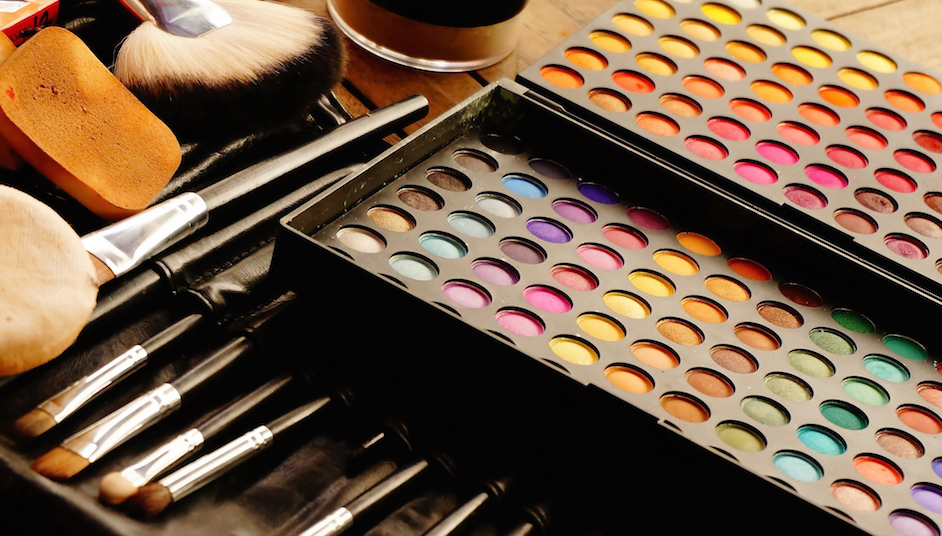
Scaling up to mass-market innovation versus scaling down to meet specific and more localized human needs? Which is more important? Actually there is a place for both—but how we address and balance this is now the key issue for brands. Brands still need to succeed with the mass market but we are all now more accountable for the planet and for consumers. As a result, we now expect brands to address a higher moral, social, political and ethical agenda.
There are many visionary beauty brands who have never shied away from using their brand design and packaging as campaign vehicles for altruistic causes like the partnership between MAC/Viva Glam and the MAC Aids fund, or to highlight a new moral agenda as Llamascqua did in support of the Sophie Lancaster Foundation. Likewise, sustainability is absolutely no longer just for the niche organic and/or natural sector but an integral part of NPD and innovation.
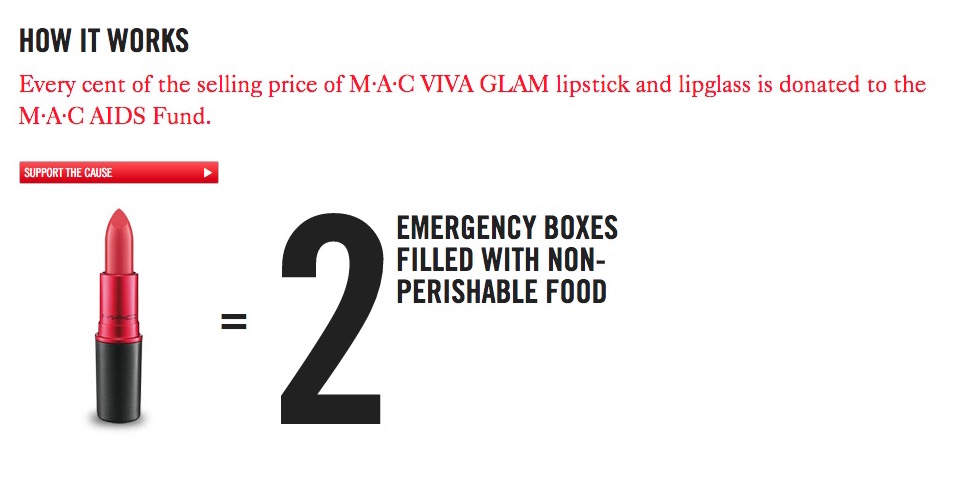
We are looking to brands to create significant change and beauty is, by anyone’s reckoning, prolific when it comes to impactful innovation, but the next challenge for our beauty brands is to meet human and consumer needs on both a global and local scale. It is not just about maximizing and marketing ‘glocal’ businesses and products but finding new ways to meet these specific needs and agendas with the creation of evermore tailored and local brand initiatives.
If we look to another industry to exemplify, Nike is one brand perfectly executing the scale of innovation. Nike continues to dominate the market for sports and accessories worldwide from the development of running prosthetics, with the Nike Sole specifically designed for amputee athletes, to the creation of its “Fuelbox” vending machine allowing customers to exchange fuel band points for running gear including hats, shirts, and socks. These brand initiatives show how Nike is finding new ways to connect the dots, not just between products but between the brand, its community, and their changing lifestyles. It is this challenging and iconic mindset that consumer brands will need to fully embrace to inspire and make change happen on all these levels.
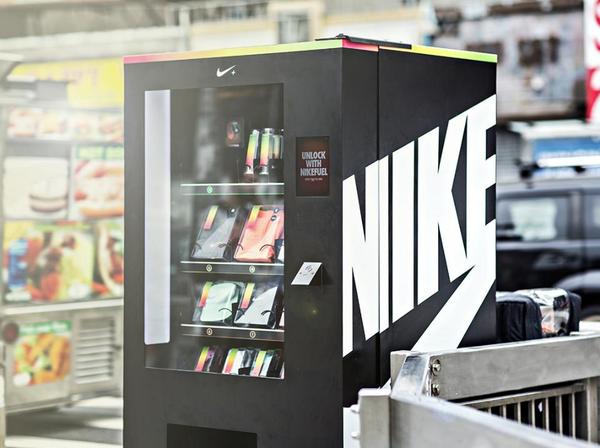
L’Oréal is, however, one name to mention here as a frontrunner for this new approach. In the past couple of years, the cosmetics giant has turned its attention to satisfying the needs of its local consumers, in a variety of ways, from setting up the L’Oréal Academy in Moscow to train more than 20,000 beauty professionals every year to its recent introduction of the L’Oréal Makeup Genius. Makeup Genius is an app available on iTunes which uses your smartphone’s camera to allow you to try on products and runway looks after mapping 64 points on your face to identify skin tones and features. Customers can see what suits them and make purchases more confidently online thanks to the realistic results it depicts.
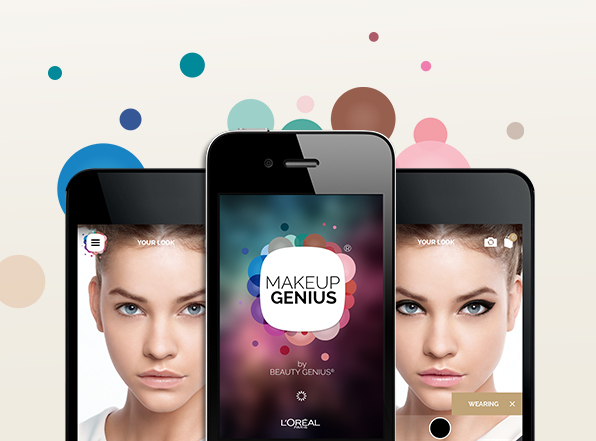
Brands increasingly need to look at ways to take this next step and address both the opportunity—and the new need—for balancing the scale when it comes to their future brand innovation. Thus far, we have seen one beauty titan successfully embracing this mindset to evolve a category—and potentially the whole market. Unilever’s aerosols (Sure, Dove, Vaseline deodorants) in the ‘half size’ compressed format is not only a breakthrough in terms of the future of structure and brand design but works on so many levels to meet individual lifestyle requirements and the new globally ethical conscience.
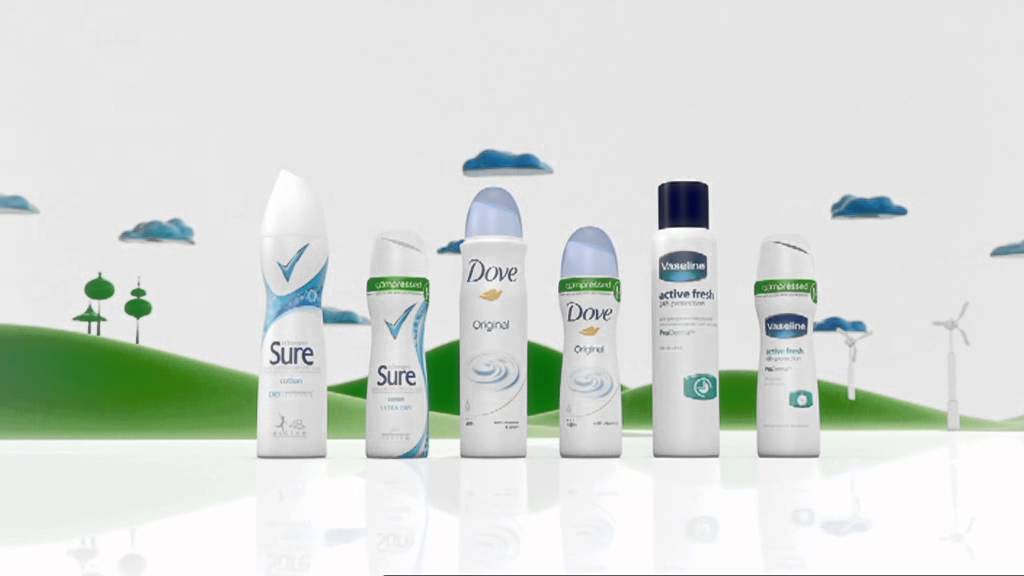
What will be most interesting now is to see how our beauty brands, regardless of their size and position in the market, follow Unilever’s lead to meet this new need through brand design, as it is challenging design that has the real potential to bring innovation to life-–-and to better lives.
Image: Erfan A. Setiawan